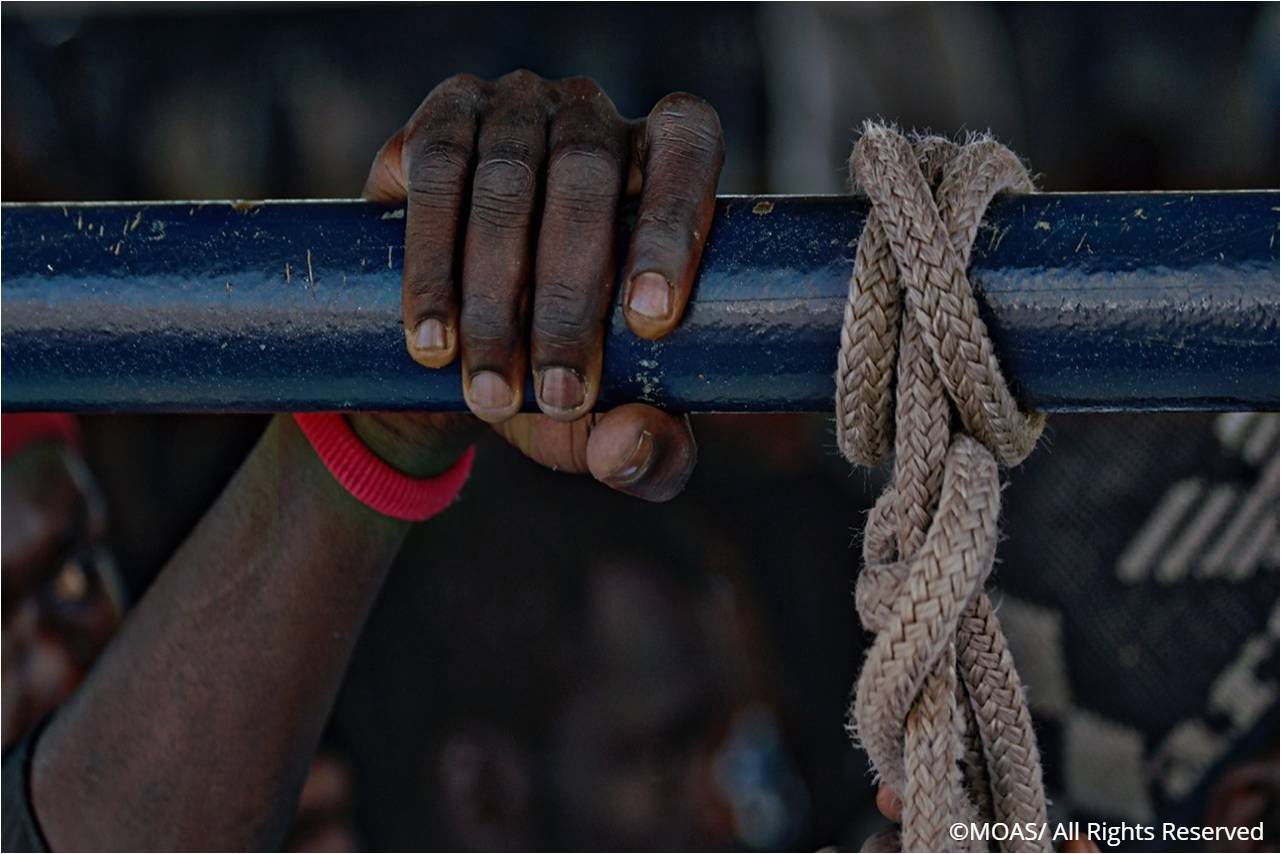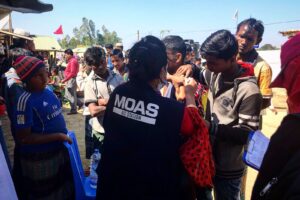
According to the World Health Organization, there have been 64 positive cases of COVID-19 and 3 confirmed fatality due to the virus in Libya. However, the figures stated are very likely to have been heavily underestimated as a result of a lack of testing facilities throughout the country. For a month now, there have been a multitude of appeals from the international community in the hope that their warnings will be heard. This has been particularly expressed by Jean-Paul Cavalieri, UNHCR’s Chief of Mission in Libya, who has declared that an increase of the spread of COVID-19 in the country might cause a humanitarian disaster, as Libya has been stated as one of the “most vulnerable countries to emerging epidemics”.
The country, like Yemen and Syria, besides having a health system structurally unprepared to face an outbreak of the virus, is devastated by a war that knows no rest. The few still active hospitals suffered heavy bombing attacks in the last period of the conflict. In addition, despite calls from the United Nations for the initiation of a ceasefire in light of the COVID-19 pandemic, the fighting has actually intensified.
Along with the ongoing conflict, further concern has now been raised over the ineffectiveness of restrictive measures that have been introduced in Libya to slow the spread of the virus. This is particularly worrying for the approximately 700,000 migrants and refugees present in Libya. Such people reside mainly within very poor living conditions, in overcrowded camps and centres. Within these places, there is a significant lack of access to adequate medical care, clean water and sanitation facilities, which combined with the high density populated area make ideal conditions for the spread of contagious diseases.
The International Organization for Migration (IOM) has continually expressed their concerns over the terrible living conditions. Hundreds of people are crammed in detention centres, crowded for months or even years without any human dignity. This has become even more significant in light of the COVID-19 pandemic, as migrants and refugees are in the dark about everything and have very limited access to information about the virus, how to protect themselves, the tests for the virus, and the necessary preventative measures.
As a result of these factors, despite the wider spread of Coronavirus in Europe, they continually try to escape. Yet at the same time, the situation in the Mediterranean is becoming more and more complex, as European borders are being closed and the movement of people is becoming increasingly restricted. At this moment, as most governments are now focusing on internal problems, issues relating to migrants and refugees have become massively neglected. However, as Europe remains blind and deaf to them, these people continue to risk their lives attempting to cross the Mediterranean Sea. But what is more frightening is that no one is looking for a solution for both the refugees and other migrants.
Today, despite increasing border closures and restrictions to the movement of people, it is crucial to guarantee the respect of human rights and of all international refugee protection standards. Now more than ever, we need to activate safe and legal entry channels, in order to give people who flee from the war and the spread of the virus the possibility of achieving safety through a regular way, whilst guaranteeing the health and well-being for both those arriving and those who are welcoming.
#SafeAndLegalRoutes #Covid19 #StayHuman #StayUnited #StayHome



